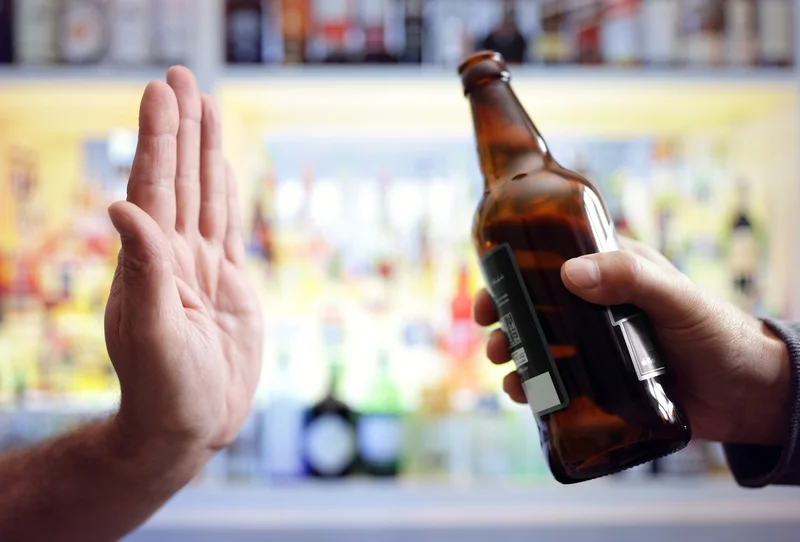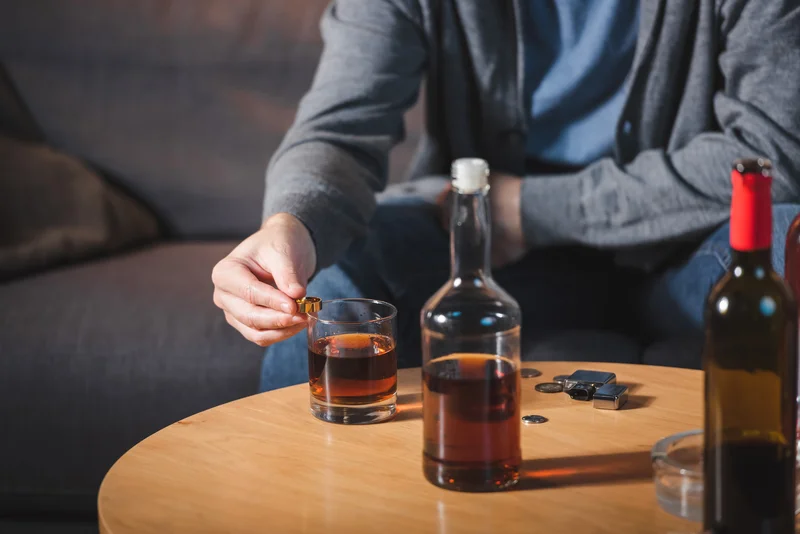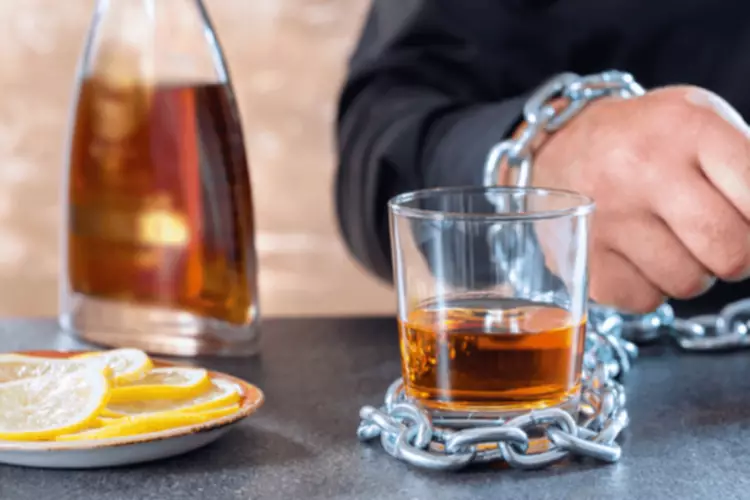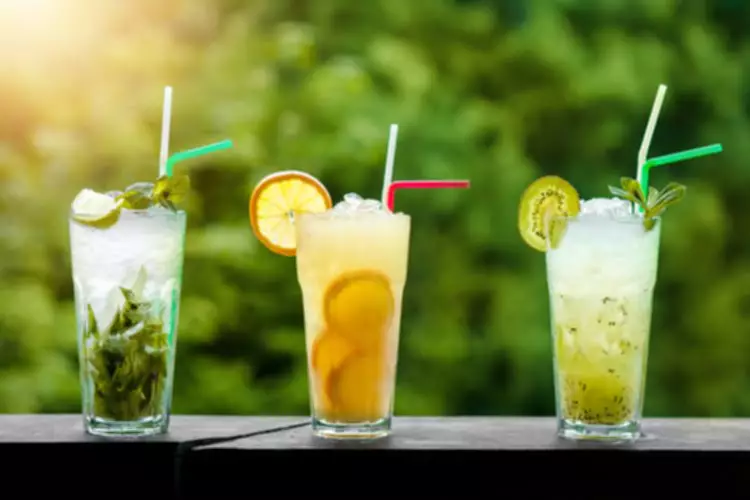
In addition to writing for Everyday Health, she has also written for websites and publications like Food and Health Communications, Today’s Dietitian, iVillage.com, and Rodale Press. She has a passion for healthy, nutrient-dense, great-tasting food and for being outdoors as much as possible — she can often be found running or hiking, and has completed a marathon in every state. Finding the right supplements can be overwhelming with so many options on the market.

PTSD Symptoms: The Invisible Scars That Cause Distress
- The liver processes 3/4th of an ounce of alcohol per hour, and drinking water will not make it happen faster.
- It is crucial to be mindful of this effect and ensure adequate fluid intake to compensate for the lost fluids.
- It can cause fluid to shift from the intracellular space to the extracellular space, leading to temporary bloating or puffiness.
- Studies have shown that being dehydrated by just 2% can lead to impaired performance on tasks that require attention and psychomotor and short-term memory skills.
- While you can enjoy alcohol in moderation and make other lifestyle choices that will maintain your hydration, alcohol will never contribute to your hydration goal.
Let’s go through some reasons why dehydration from alcohol may impact different people differently. Alcohol’s diuretic effects mean it’s difficult to avoid experiencing some level of dehydration from drinking. However, you may be able to minimize its severity by following a few simple tips. Alcohol works as a diuretic largely because it suppresses the release of a hormone called vasopressin, which is also known as antidiuretic hormone.
- When ADH levels are low, kidneys release more water, leading to increased urination and resulting in dehydration.
- This hangover anxiety, or “hangxiety,” can arise for many reasons, including mild withdrawal from alcohol, interrupted sleep, poor dietary choices, and shame or regret.
- Alcohol intoxication impacts self-control, making you more impulsive.
Disruption of Vasopressin Release

However, excessive sweating due to alcohol can lead to fluid loss and contribute to dehydration. It’s important to replenish the lost fluids by drinking hydrating beverages and avoiding excessive alcohol consumption in hot environments. Drinking alcohol at a slower pace can reduce its dehydrating effects. Alternating alcoholic drinks with water or other non-alcoholic beverages can also help maintain hydration levels. For instance, alcohol can suppress the release of anti-diuretic hormone (ADH), which plays a crucial role in water reabsorption by the kidneys.
What Is HRV and Why Does It Matter for Sleep?

The higher your blood alcohol level is, the more you will notice its effects. Drinking on an empty stomach can cause other long-term damage, particularly to the liver. Your liver is responsible for metabolizing alcohol, and heavy drinking over long periods can lead to irreversible damage. Your body’s metabolism can turn some components of alcohol into nutrients and energy.
Does CBD Help With Sleep?
For the men reading this, you might also be interested to learn does alcohol dehydrate you about alcohol’s effect on testosterone levels. Reframe supports you in reducing alcohol consumption and enhancing your well-being. The Reframe app equips you with the knowledge and skills you need to not only survive drinking less, but to thrive while you navigate the journey.

According to one study in the Journal of Alcohol and Alcoholism, one drink of alcohol can lead to a 2-4% increase in additional urine output. It impairs your kidneys’ ability to filter blood and makes them work harder. Alcohol also causes hormonal imbalances that negatively affect kidney function. Dehydration can also impair cognitive function, including memory, attention, and decision-making abilities. Studies have shown Drug rehabilitation that being dehydrated by just 2% can lead to impaired performance on tasks that require attention and psychomotor and short-term memory skills.
Our daily research-backed readings teach you the neuroscience of alcohol, and our in-app Toolkit provides the resources and activities you need to navigate each challenge. Drink plenty of plain water, an electrolyte drink or sports drink, and eat water-rich, easily digestible foods. These foods also have the bonus of being easy on the digestive system if yours is upset from drinking too much alcohol. It’s probable that a cocktail such as a vodka and soda is less dehydrating than a straight shot of vodka.
